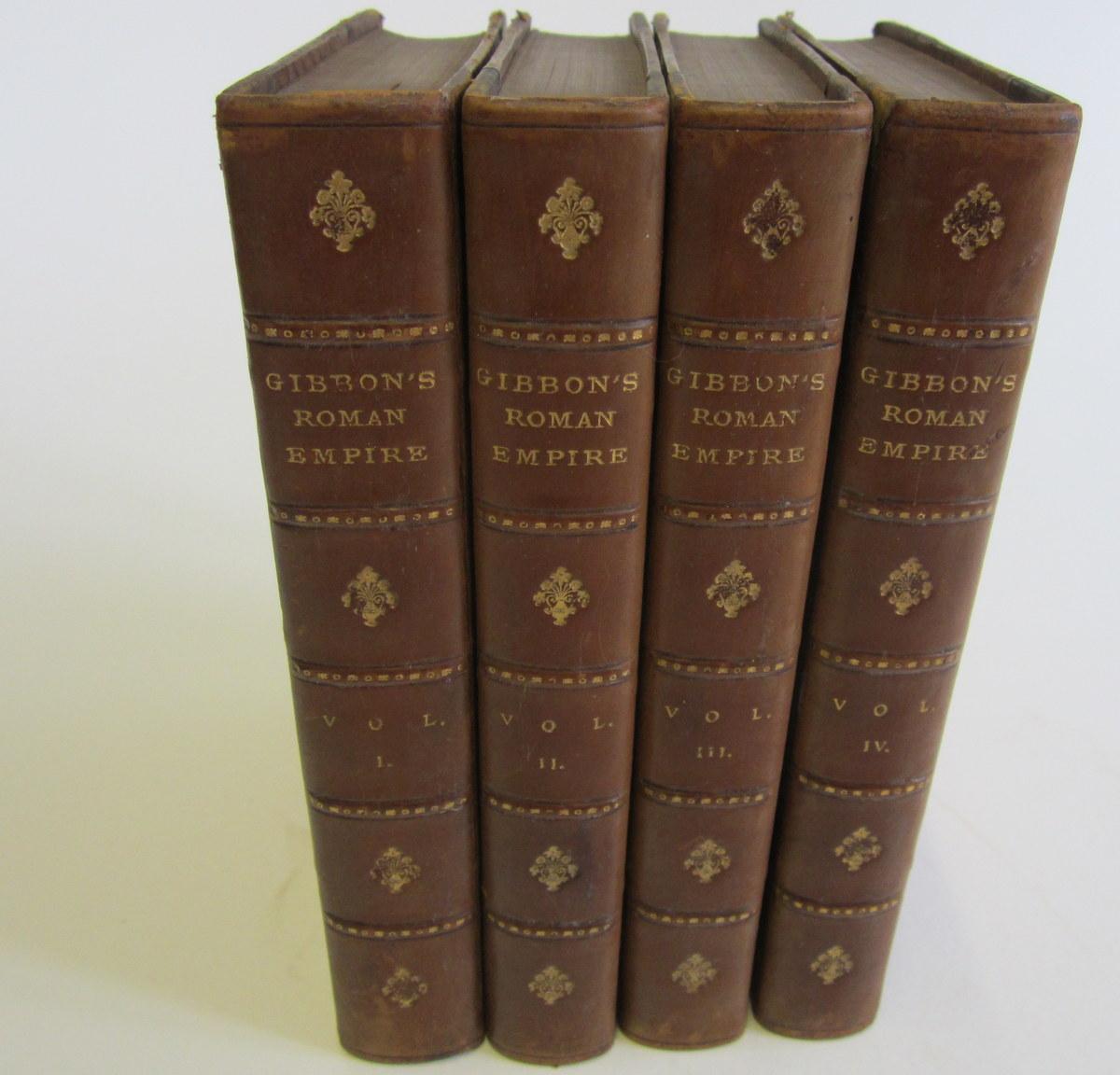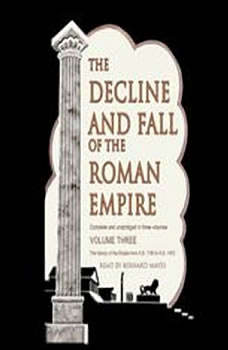
Such a sustained investigation of this kind of event. To its eventual collapse and fall, and this singular fact has exercised Of course, the greatness of Rome also led

Rome: economic abundance, and international political structure and aĬommon language for many people.

He died while on a visit to his friend, Lord Sheffield, who posthumously edited Gibbon's autobiographical papers and published them in 1796.Edward Gibbon, The Decline and Fall of the RomanĮnlightenment found many of its virtues ready-made in the world of ancient The second and third volumes appeared in 1781 and the final three, which were written in Lausanne, in 1788. The first volume of his famous History was published in 1776 it was highly praised for its learning and style but incurred some censure for its treatment of the early Christians. He also took his place among the literary circles of London. After the death of his father, Gibbon settled in London and in 1774 was elected to Parliament where he sat for the next eight years, although he never once spoke in the Commons. It was while he was in Rome in 1764 that he first conceived the work that was eventually to become The History of the Decline and Fall of the Roman Empire. Meanwhile, Gibbon served as a captain in the Hampshire Militia until 1763, when he returned to the Continent. In 1761 he published his Essai sur l'étude de la Littérature the English version appeared in 1764.

His father sent him to Lausanne, in Switzerland, where, while studying Greek and French for the next five years, he re-joined the Protestant Church. His brief career as an undergraduate at Magdalen College, Oxford, ended when he joined the Catholic Church. Although his education was frequently interrupted by ill health, his knowledge was far-reaching. Edward Gibbon was born in 1737, in Putney, and was the only child of his parents to survive infancy.


 0 kommentar(er)
0 kommentar(er)
